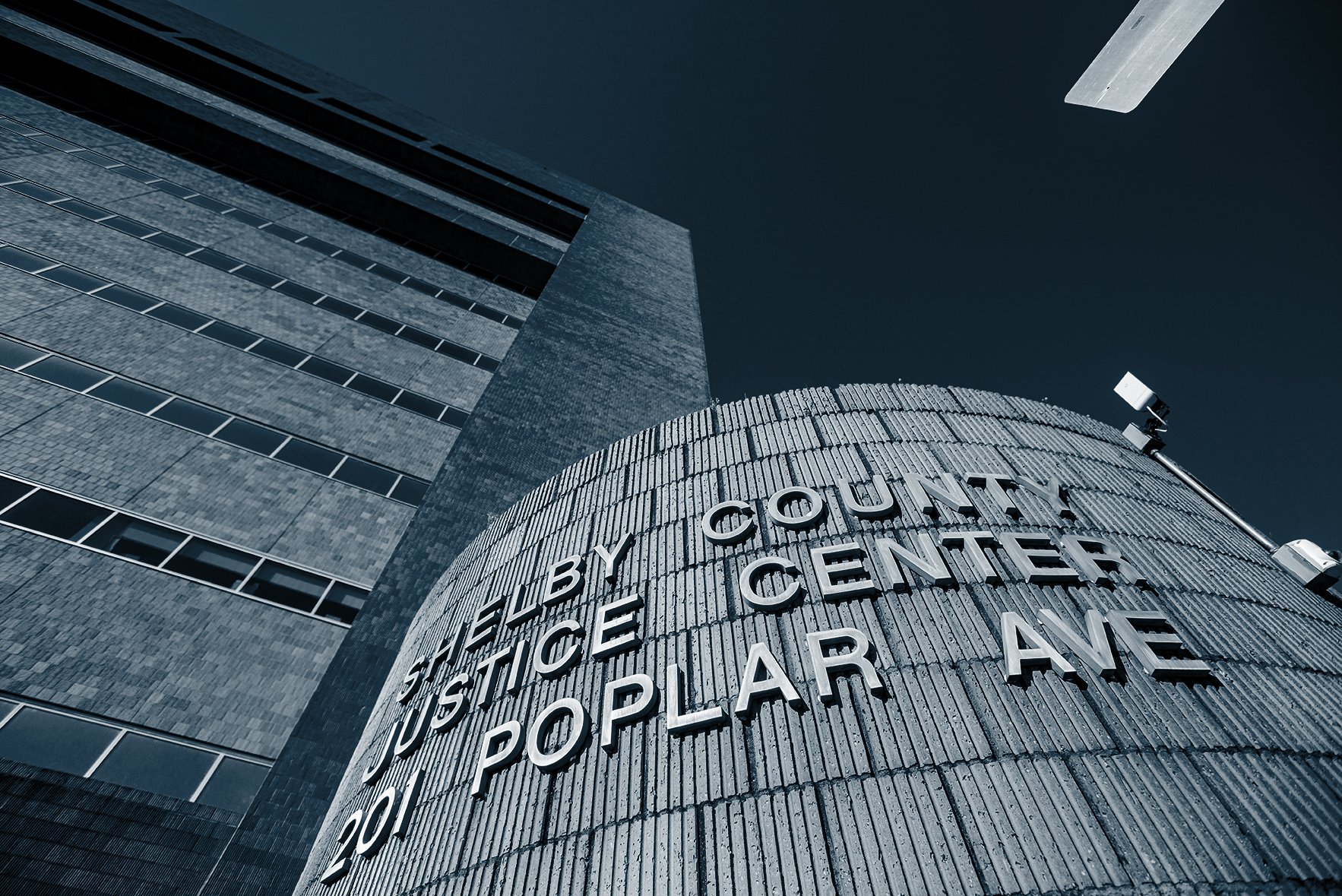
STRATEGIC INITIATIVE
COVID-19 Response
Detaining a presumptively innocent person on bail is unjust. In a pandemic, it can be deadly. The Memphis Community Bail Fund has helped hundreds of people avoid exposure to COVID-19 by freeing them from unnecessary imprisonment. We can do more, but we need your support.
Just City COVID-19 Response Bailout
632
632 people freed from jail.
$1,429,900
More than $1.4M paid for bail.
Since March 1, 2020 / Last updated November 12, 2021
Jails and prisons are breeding grounds for COVID-19.
Of the 266 people tested in the Shelby County jail, 72% tested positive for COVID-19 — including 155 detainees and 37 personnel. This dangerously high infection rate represents a major health risk to our entire community.
Jails have a very high turnover rate and employ hundreds of people who cycle in and out many times a day.
It’s time to end money bail once and for all.
People facing criminal charges are routinely held in jail because they cannot afford to pay bail. Without the ability to purchase their freedom, they are faced with a choice — plead guilty, or remain in jail until trial or dismissal.
Studies suggest that people who are in jail for three days are at greater risk of losing their jobs, their homes, and custody of their children. In the time of COVID-19, it also means risking their lives.
Our mission is to end money bail and create a justice system that is not dependent on wealth and does not criminalize poverty. Until we do, projects like the Memphis Community Bail Fund help minimize the damage and drive change.
What we’ve done:
Initiated a COVID-19 Bailout - we’ve raised hundreds of thousands of dollars and doubled our capacity to bail people out of jail.
Filed a Federal class action lawsuit against the Shelby County Sheriff to protect and release disabled and medically vulnerable people in our jail.
How we can change it for good:
While a federal judge hasn’t granted release, she has said “things need to change still.” We are hopeful the lawsuit will continue to bring change and additional protections for people in the Shelby County jail.
We all need to actively fight against racial injustice until the systems in place are fair, equitable, and representative of a just society.
Frequently Asked Questions
-
Our fund pays bails of $5,000 or less. We accept bail fund referrals from the Office of the Shelby County Public Defender.
-
No. In fact, research suggests the opposite is true. The less time a person spends in jail, the less likely that person will be accused of criminal behavior in the future.
-
No. Once a person returns for all of his or her court dates and the case is closed, the money is returned to the bail fund. We’ve seen a return rate of more than 90% for our fund.
-
Jails and prisons are COVID-19 hotspots. People coming in and out of detention facilities — staff and the people being detained — are members of our community. The very nature of a jail requires rapid turnover of the people inside it. Reducing the number of people being detained is a crucial step to combating this virus. Limiting its spread in jails can make it easier to limit its spread everywhere. Keeping people out of jails and prisons also has the added benefit of saving taxpayer money. For every 100 bails we pay, Shelby County taxpayers save an estimated $900,000.
-
No. Public health officials have made it very clear; this virus has reached all corners of our community which includes jails and prisons. They’ve also told us that the most effective defense against it is social distancing and sheltering in place. Getting people out of confined spaces like jails allows them to properly defend against the virus just like those of us who are not being detained. Reducing jail populations contributes to the fight against this disease.
-
We partnered with the ACLU, the ACLU of Tennessee, the law firm Paul, Weiss, and two local attorneys to file a Federal class action lawsuit against the Shelby County Sheriff seeking urgent habeas and injunctive relief to protect medically vulnerable people and people with disabilities in our jail. The suit was filed on May 20th in the United States District Court for the Western District of Tennessee and has been expedited because of the critical nature of the relief we are requesting.




